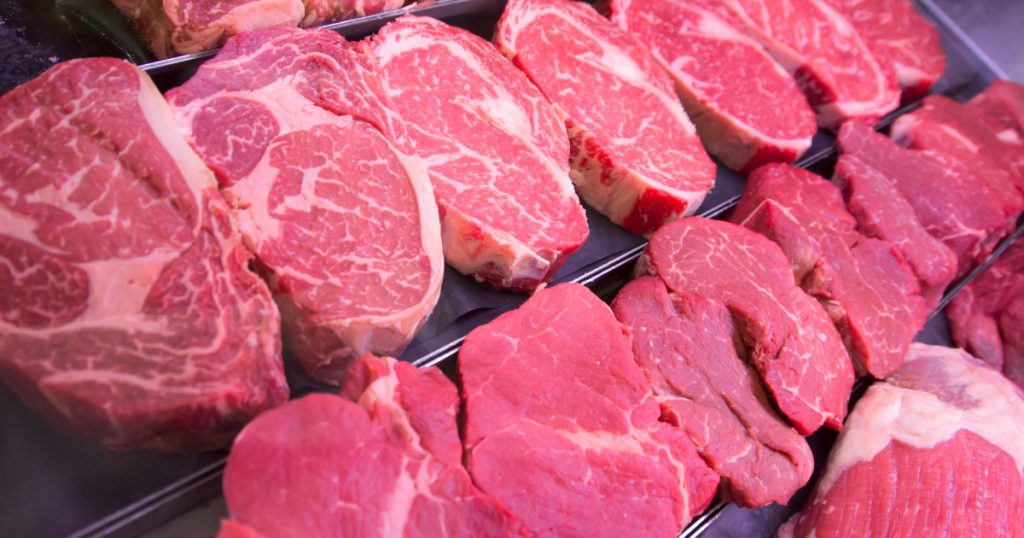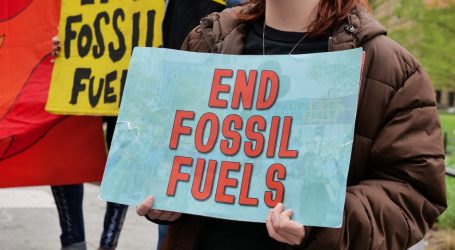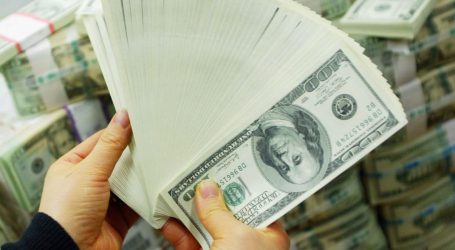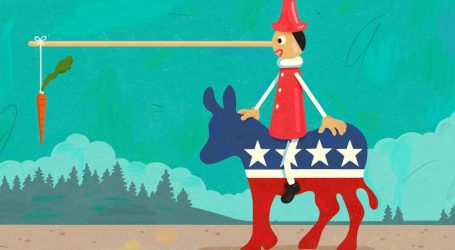The Price of Beef Is About to Plummet—Thanks to Coronavirus
Kryssia Campos/Getty
As novel coronavirus infections officially reach pandemic levels, the social and economic consequences are piling up: huge events cancelled, the stock and oil markets tank, and fears of a recession coalesce. Here’s one that may be surprising: Steak may be about to get a lot cheaper.
Two factors tie the COVID-19 crisis to a likely fall in beef prices. The first has to do with China and yet another highly contagious viral disease, African swine fever, which kills hogs but doesn’t infect people. ASF was first detected in China in 2018; by the end of last year, it had wiped out half of China’s—and a quarter of the world’s—pigs. (By 2019, African swine fever had spread to other parts of Asia; so far, the US industry has avoided it.) Pork prices in China spiked, consumers turned to beef as an alternative, and the country ramped up imports to satisfy rising demand.
That, in turn, led to a global rally in cattle prices, as traders anticipated surging Chinese demand for beef. Then coronavirus hit China late last year. In late January, the government had moved to slow its spread by imposing mass quarantines in Wuhan and nearby cities in Hubei province, keeping around 50 million people under a mandatory quarantine. The shock hit China’s economy hard: beef demand dropped, and commodity traders punished the cattle market, sending prices even lower.
Now it’s time for the second factor, which is domestic. US beef demand rises and falls with the economy. When consumers feel richer, they buy more beef; when they’re feeling squeezed, they seek cheaper alternatives. That’s the conclusion of a 2018 analysis by ag economists Glynn Tonsor and Ted C. Schroeder of Kansas State University and Jayson Lusk of Purdue. When the Great Recession hit last decade, per capita US beef consumption dropped 10 percent between 2007 and 2011. As the recovery set in, our appetite for beef revived, and by 2015, beef consumption had returned to pre-crisis levels, where it has remained since.
But now coronavirus is sparking fears of another recession, as plunging stock and oil markets show. Princeton economist Alan Blinder, a former US Federal Reserve vice chairman, told CNBC Wednesday that that US economy may already be shrinking, as coronavirus fears have instilled a “fear of shopping” for anything but emergency-prep items among US consumers. Meanwhile, the entire global economy is fragile, anticipating a possibly deep downturn. A December report from the Organization for Economic Cooperation and Development documented a massive worldwide buildup of corporate debt, which has reached an all-time high of $13.5 trillion. “Companies facing grave debt burdens may be forced to cut costs, laying off workers and scrapping investments, as they seek to avoid default,” The New York Times reported Tuesday. One analyst told the Times that the corporate debt burden is like an “unexploded bomb” that could be triggered by the coronavirus crisis.
One silver lining—or another dark cloud, depending on your perspective—would be cheaper beef. Already, US cattle prices have plunged 20 percent in 2020, driven down by the China situation and by short-term fear that “quarantines will keep meat eaters at home and steer consumption toward nonperishable foods,” The Wall Street Journal reported Monday. If the COVID-19 pandemic further intensifies and tanks the economy, the beef industry’s troubles have only just begun.





